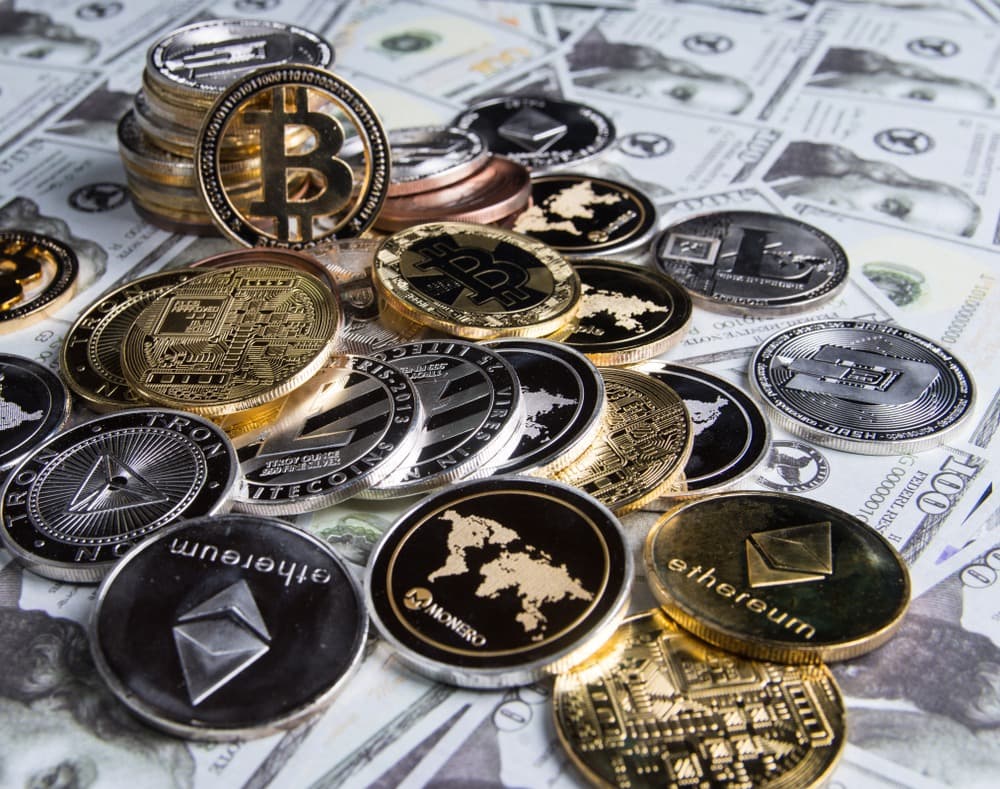
A Disputed Election Could Crash
the Stock Market by 50%
We’ve got just one week until the election … do you really believe this election will go off without a hitch?
With a disputed election, we are forecasting an extended constitutional crisis.
The result will likely be a devastating stock market crash.
During the last major constitutional crisis we had here in America, the stock market crashed 50%…
Just imagine looking at your 401K, IRA or stock market statements and seeing a 50% loss or more.
Whoever you are voting for, you need to be ready to make moves with your money.
Go here now to see why an Election Nightmare is setting up a stock market crash.




